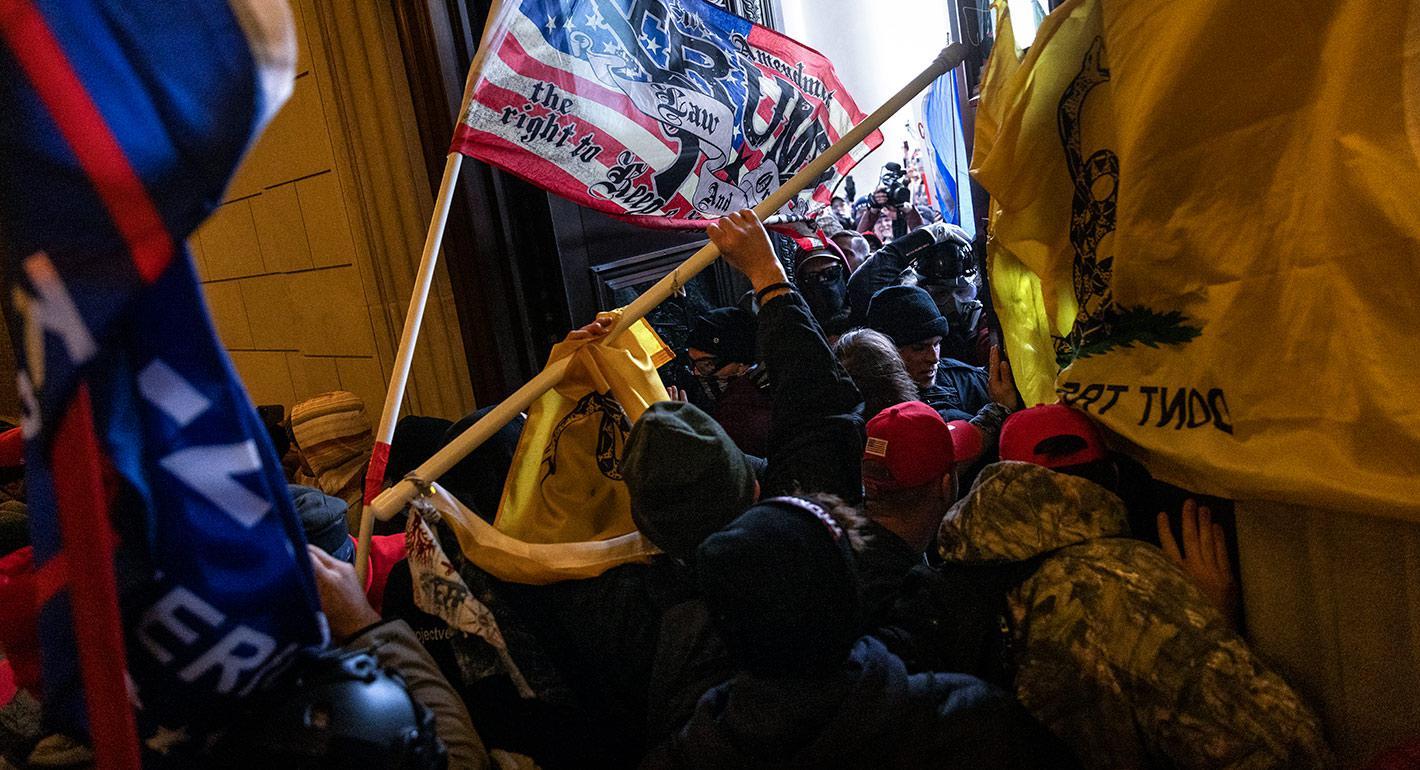Misinformation & Extremism in America

Welcome to our blog series: “Misinformation & Extremism in America.”
We’re living in an age where truth is harder to find than ever. One minute you’re watching a video your friend sent, and the next thing you know, you're neck-deep in a wild theory about lizard people controlling the government. Sound familiar?
But this isn't just about quirky internet rumors. Misinformation — false info that spreads like wildfire — is shaping our reality in dangerous ways. It’s dividing families, threatening public health, stirring up violence, and even shaking the foundations of democracy.
On top of that, extremist movements are gaining steam, often fueled by those same lies. People are getting radicalized online, sometimes without even realizing it, and acting out beliefs that are rooted in fear, hate, or complete fiction.
This series is a deep dive — in plain language — into how this all happens, why people fall for it, and what we can do about it. No lectures, no finger-pointing. Just honest conversation about what’s going on and how we can push back.
Let’s get into it.
How We Got Here: The Age of Misinformation
It used to be that news came from the evening broadcast or the morning paper. Sure, rumors and hoaxes existed, but they moved slowly and were usually easy to fact-check. Fast forward to today, and we’re in a world where a tweet, TikTok, or meme can go viral in seconds — whether it’s true or not.
We’re living in the age of misinformation, and it's affecting how we think, how we vote, how we live — and even how we treat each other.
So, What Is Misinformation?
Let’s keep it simple: misinformation is false or misleading information, regardless of whether it’s shared on purpose. If it’s intentional, we call it disinformation. But often, people spread things they believe to be true, not realizing they’re wrong. It could be your cousin sharing a fake cure on Facebook, or a viral video taking something out of context.
We’ve all seen it. Some of us have probably shared it too.
Why It Spreads So Fast
There are a few reasons misinformation spreads like wildfire today:
-
Social media algorithms reward engagement. The more people react, comment, or share a post, the more others see it — even if it’s false.
-
Outrage sells. Content that triggers strong emotions (like fear or anger) spreads faster than boring facts.
-
Confirmation bias plays a big role. That’s a fancy term for when we believe something just because it supports what we already think.
-
And honestly? We’re overloaded. With thousands of headlines hitting us daily, it’s easy to miss the details or fall for a catchy headline.
The Problem Isn’t New, But the Scale Is
Fake news isn’t a new concept. Think back to tabloids claiming celebrities were aliens or that Elvis was still alive. But today’s version is supercharged.
Now, a false post can reach millions of people in a few hours. By the time someone debunks it, it’s already been believed, repeated, and defended by thousands.
Even worse, bad actors — including foreign governments — take advantage of this chaos. Russia, for example, has used social media to spread lies and deepen divisions in the U.S., especially around elections and protests.
Real Consequences
Misinformation isn’t just annoying — it can be dangerous. During the COVID-19 pandemic, false claims about masks and vaccines led people to avoid life-saving precautions. Some even died because they believed misinformation.
And during elections, fake stories about voter fraud or rigged systems caused many to lose faith in democracy altogether. That’s a big deal.
What We Can Do
The good news? We’re not powerless. Here are a few small things that make a big difference:
-
Pause before sharing. Ask yourself: Is this from a trusted source? Can I find it anywhere else?
-
Learn how to fact-check. Sites like Snopes, PolitiFact, or even a quick Google search can reveal a lot.
-
Talk to people. If someone you care about shares something false, don’t shame them. Ask questions. Share better info. Keep it kind.
Because at the end of the day, we’re all trying to make sense of a confusing world. And the more we look out for each other, the better off we all are.
- Art
- Business
- Causes
- Crafts
- Community
- Dance
- Drinks
- Éducation
- Fashion
- Film
- Fitness
- Food
- Jeux
- Gardening
- Health
- Domicile
- LGBTQ+ News
- Literature
- Music
- News
- Nature
- Networking
- Oddities
- Autre
- Party
- Politics
- Religion
- Science
- Shopping
- Sports
- Theater
- Wellness



